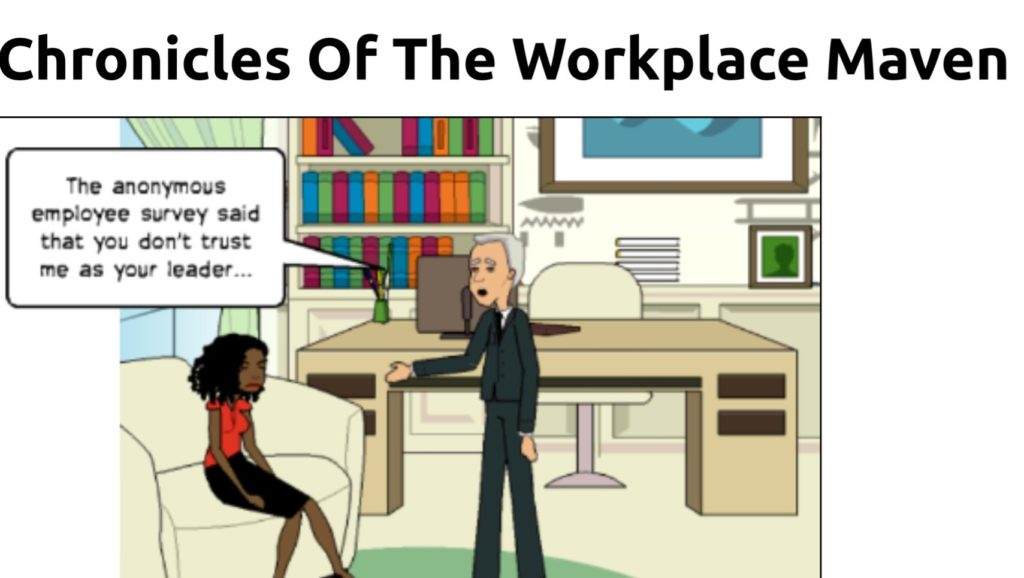Trust is the cornerstone of a positive workplace environment. So how do you build trust with your employees? The acronym R E L I A B L E breaks down the 8 keys to building a culture of trust in your workplace.
Respect – Be respectful in all interactions on a day to day basis irrespective of differences or challenges. Employees are more likely to be respectful and perform their jobs well when they are treated with dignity and respect.
Empowerment – Empowering others results in employees taking ownership in what they do. Trust your employees to do the right thing by allowing and encouraging them to make decisions and solve problems. Doing so will lead to employees feeling as though they have a stake in the business outcome resulting in employee engagement and productivity.
Lead by example – There’s an expression that says “people don’t hear you speak, they watch your feet”. Demonstrate that you are willing to do whatever you expect from anyone else. You will earn respect and your employees will likely work even harder to achieve the goals you set before them.
Integrity – Integrity means following your moral or ethical convictions and doing the right thing in all circumstances, even if no one is watching you. When it comes to integrity in the workplace, it’s about demonstrating to your employees that you live by a moral and professional code in your business dealings and in how you treat others.
Always follow through – If you commit to do something, do it. Following through on your commitments is the only way to build credibility and earn trust. Gain respect with your actions, otherwise, the words that you speak will not be trusted and employees will not believe you will do what you say you’re going to do.
Be Honest – Honesty has often been rated as one of the most important traits of leadership by employees. Create a culture of honesty by first demonstrating it with your own behavior and then encourage an environment where employees feel they can and should be forthright as well. The overall environment will benefit as people will be honest in their dealings with each other and in the work that they do.
Listen – Listening is an important part of effective communication among employees and between management and employees. “Hearing” occurs naturally without effort, but “Listening” is intentional and is a skill that is developed. Through genuinely seeking to understand what others have to say, you will develop healthy interpersonal workplace relationships with less misunderstandings.
Eliminate/Minimize Conflict – Minimize the drain on productivity and positive morale by taking the initiative to address conflict early. Establish guidelines for resolving workplace conflict and train managers on how to effectively manage conflict as it arises. Demonstrate a willingness to get beyond disagreements, admit mistakes if needed and move on, a greater good awaits.

